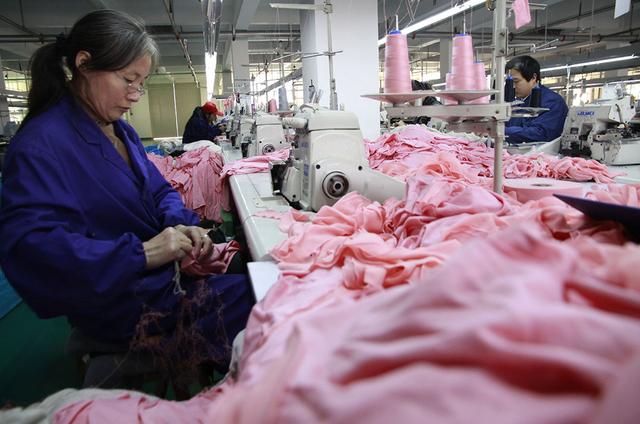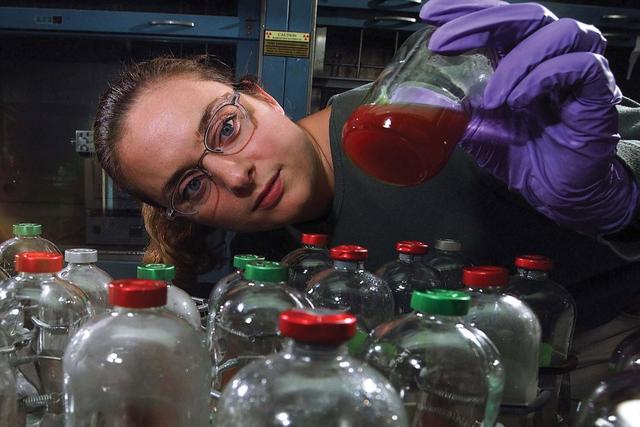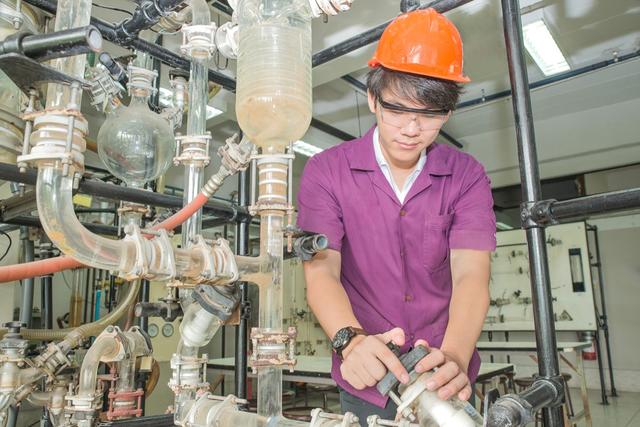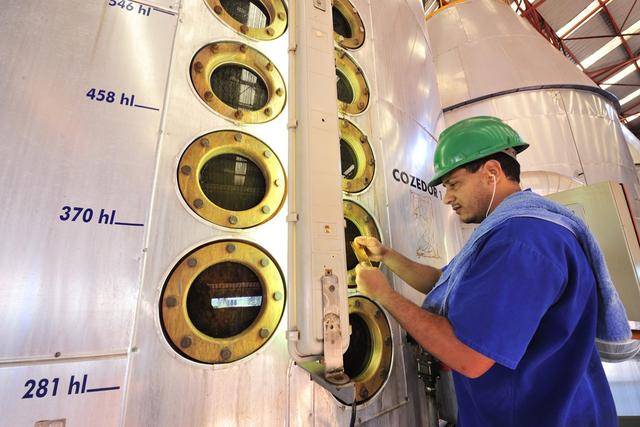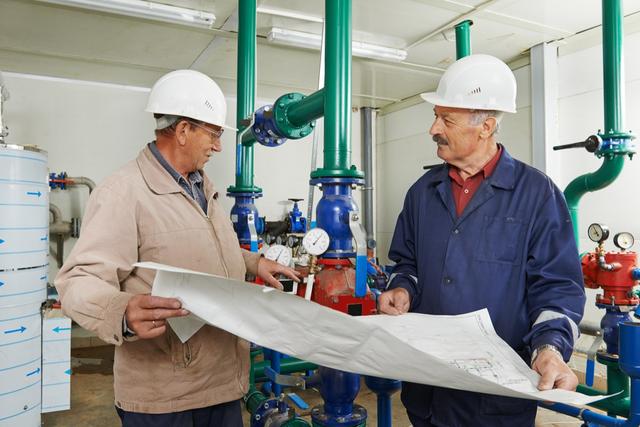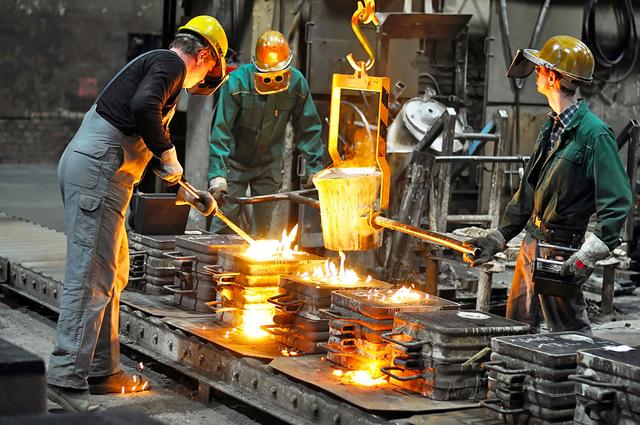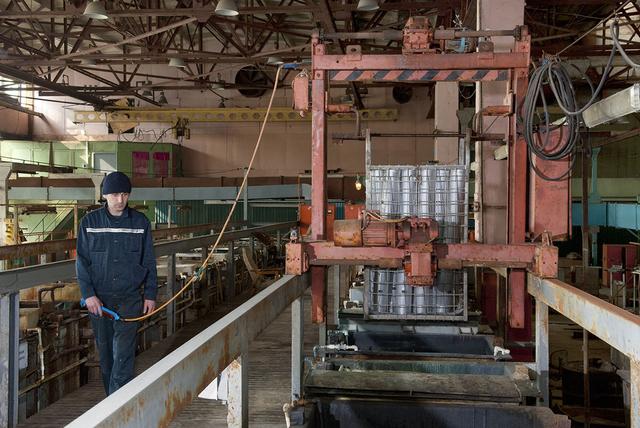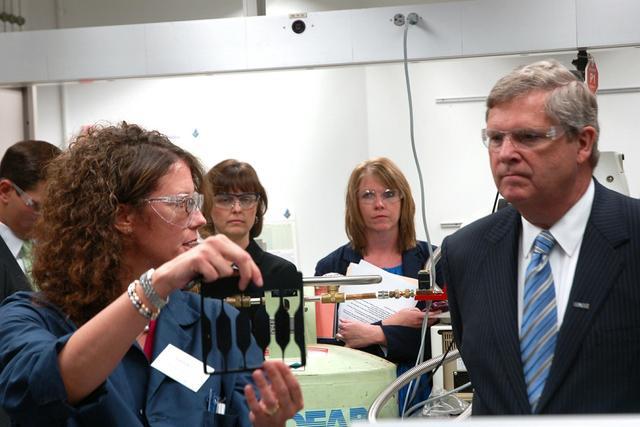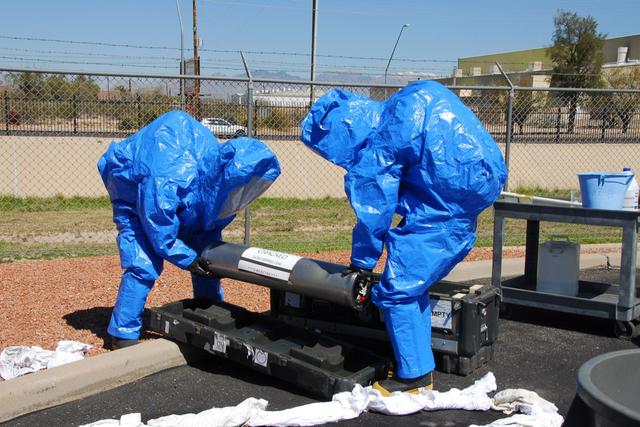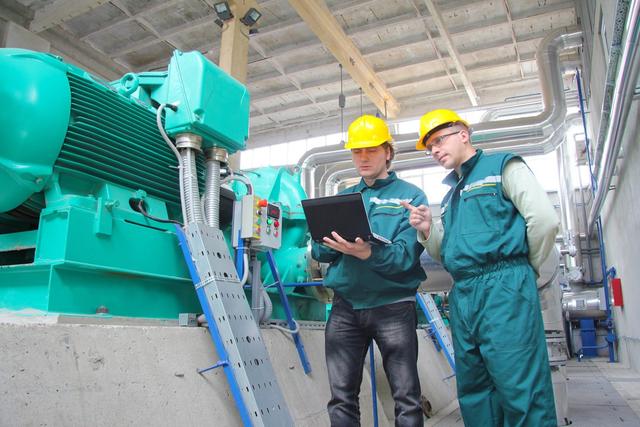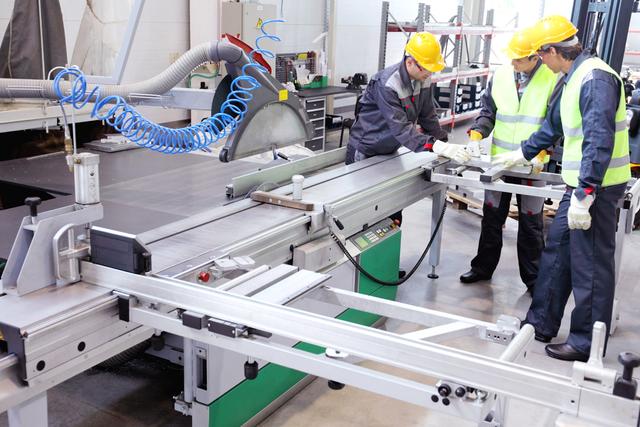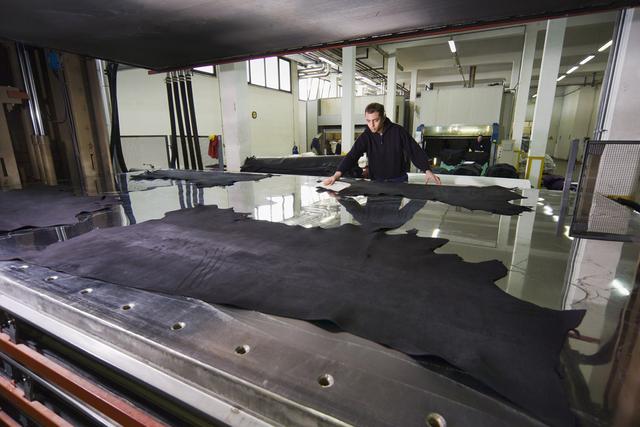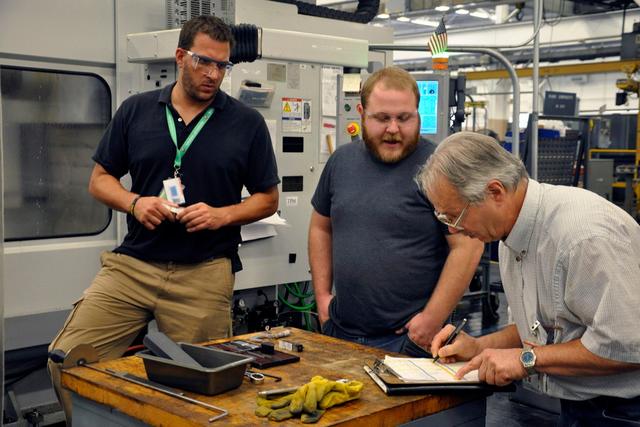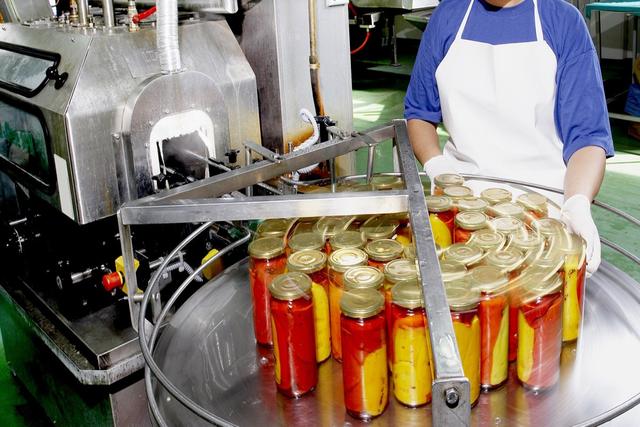Industrial Chemicals Workers
Overview

Introduction
Industrial chemicals workers are employed in a variety of interrelated and interdependent industries and companies in which one operation often makes chemical starting materials for anothers use. Most chemical workers convert the starting products or raw materials into other chemical compounds and derivative products, such as pharmaceuticals, plastics, solvents, and paints. They may assist chemists and chemical engineers in researching, developing, and producing chemical products and processes. In addition to being actively engaged ...
Quick Facts
Median Salary
Employment Prospects
Minimum Education Level
Experience
Skills
Personality Traits
Earnings
In May 2023, median annual earnings for chemical equipment operators and tenders were $51,720, according to the U.S. Bureau of Labor Statistics. Salaries ranged from less than $36,200 to $84,310 or more. Chemical plant and system operators earned median annual salaries of $80,030, while mixing and blending machine setters, operators, and tenders averaged $46,100. Industrial production managers ...
Work Environment
Working conditions in plants vary, depending on specific jobs, the type and condition of the equipment used, and the size and age of the plant. Chemical processing jobs used to be very dangerous, dirty, and disagreeable. However, working conditions have steadily improved over the years as a result of environmental, safety, and health standards mandated by the government. Due to government inter...
Outlook
The U.S. Department of Labor predicts that growth in this field will decline through 2033. For example, chemical plant and system operators will see employment decline by 1 percent, while chemical equipment operators and tenders will experience a 5 percent decline during the same timeframe. More efficient production processes, increased plant automation, and growing competition with overseas ch...


